Looking for a small, intelligent, and engaging pet? Look no further than the humble mouse! Often underestimated, domestic mice can make fantastic companions, offering hours of entertainment and requiring relatively little space. If you’re considering welcoming these tiny creatures into your home, understanding the different best mouse breeds for pets is the first step. This guide will walk you through some of the most popular and cute mouse breeds available, provide a mouse breeds list, and help you find pet mice for sale from reputable mouse breeders.
A Peek at the Best Mouse Breeds for Pets
The world of pet mice is surprisingly diverse, with a range of colors, coat types, and even sizes. Here are some of the fancy mouse breeds that are particularly well-suited as pets:
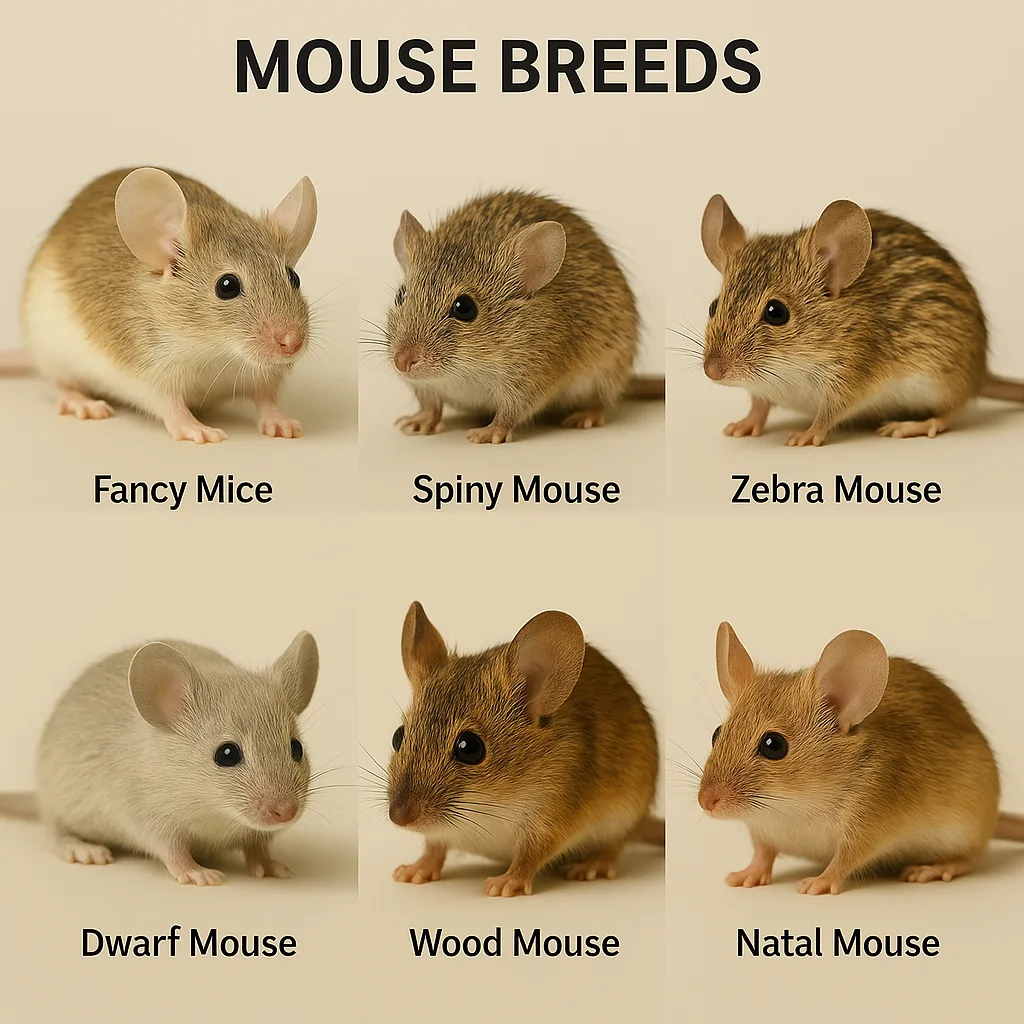
1. Fancy Mice
These mice are the most common type of pet mouse. They come in a variety of colors and coat types, ranging from smooth and short to curly or long-haired. Fancy mice are known for their sociable nature and curiosity. They’re highly active and enjoy toys and running wheels — watching them run and interact with each other can be pretty entertaining!
2. Spiny Mice
Spiny mice get their name from their unique coat, which feels rough and spiny. They’re a more exotic choice and are typically harder to find in pet stores. They thrive in warm environments and are nocturnal creatures, meaning they are most active during the night. They are independent and less sociable than other types, but they can still bond with their owners.
3. Zebra Mice
Also known as African striped mice, these are small and agile creatures with beautiful, distinctive stripes. They’re best for experienced mouse owners as they can be fast, tricky to handle, and occasionally moonlight as escape artists. Zebra mice are highly active and social, so make sure you give them a secure cage with plenty of space to exercise and explore.
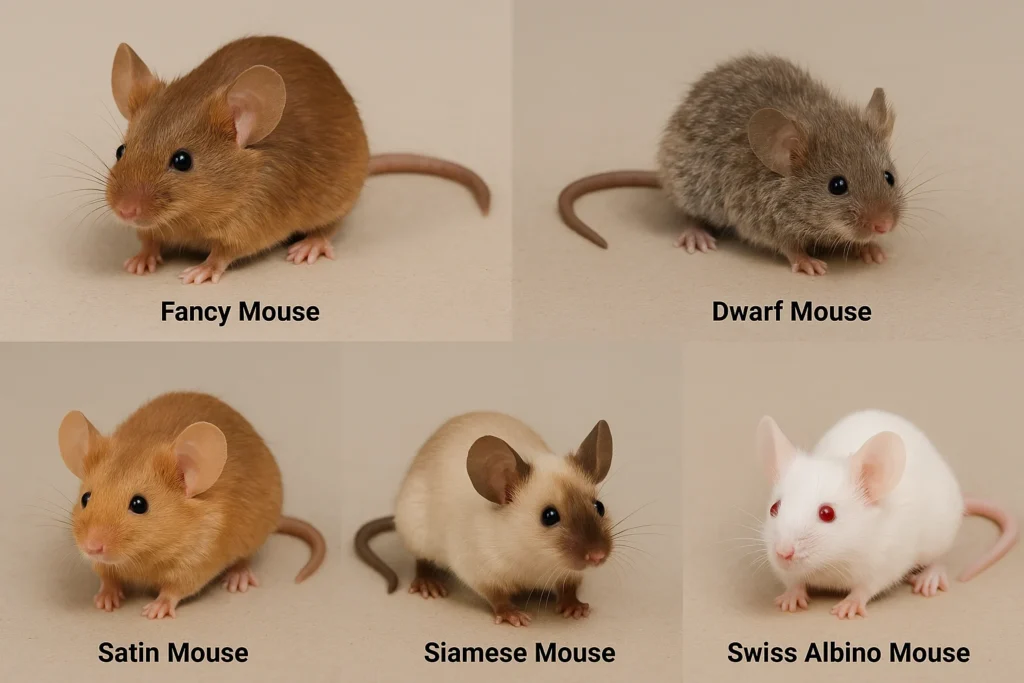
4. Dwarf Mice
As their name suggests, these mice are smaller than the average mouse. They’re similar to fancy mice in terms of behavior and care but are a great choice for those who want a pet that takes up even less space. Dwarf mice are sociable and thrive in groups, so they shouldn’t be kept alone.
And in addition to meeting their social needs, it’s also best to make sure your pet mice are never bored. You can offer them some toys to fiddle with — check out PetPal’s online pet store to view our collection of high-quality pet toys!
5. Wood Mice
Wood mice, also known as field mice, are typically found in the wild but can also be kept as pets. They’re larger than fancy mice and have brown fur with white bellies. Wood mice are very active and agile, and they require a large environment with plenty of opportunities to climb and explore.
6. Natal Mice
Natal multimammate mice are unique mice that are not commonly kept as pets but are growing in popularity. They’re larger than most pet mice and come with big, rat-like tails and softer fur. These mice are active and sociable, but they can be more challenging to handle due to their size and agility.
Mice make intelligent and social pets when given proper care. If you’re interested in other small animals, our article on DIY Hamster Cage provides tips for building your own pet habitat.
Exploring Different Pet Mouse Breeds
When considering pet mouse breeds, it’s helpful to delve a little deeper into their specific traits.
Fancy Mouse Varieties
The term “fancy mouse breeds” encompasses a vast selection of colors and coat types developed through selective breeding. You can find mice in solid colors like black, white, cream, red, and blue, as well as various patterned varieties such as:
- Agouti: The wild-type coloration with banded hairs.
- Tan: A base color with a lighter belly.
- Dutch: A specific pattern of white markings over a colored body.
- Roan: An even intermingling of white hairs with a base color.
Coat types in fancy mice also vary significantly:
- Smooth Coat: The standard short, sleek coat.
- Long Hair: A longer, flowing coat that requires a bit more attention to keep clean.
- Rex: A curly coat, including the whiskers, giving them a unique appearance.
The Charm of Dwarf Mice
Dwarf mice are essentially smaller versions of fancy mice and share similar temperaments. They are often just as active and enjoy the company of other mice. Their small size can be appealing to those who want a pet that takes up minimal space. However, their tiny size also means they can be more delicate and require careful handling.
The Allure of the Satin Mouse
The satin mouse is not a specific breed in terms of color or markings, but rather a coat type that can occur in various fancy mouse varieties. The gene responsible for the satin coat gives the fur a distinct sheen, making them visually striking. Their temperament is generally similar to other fancy mice – curious and active.
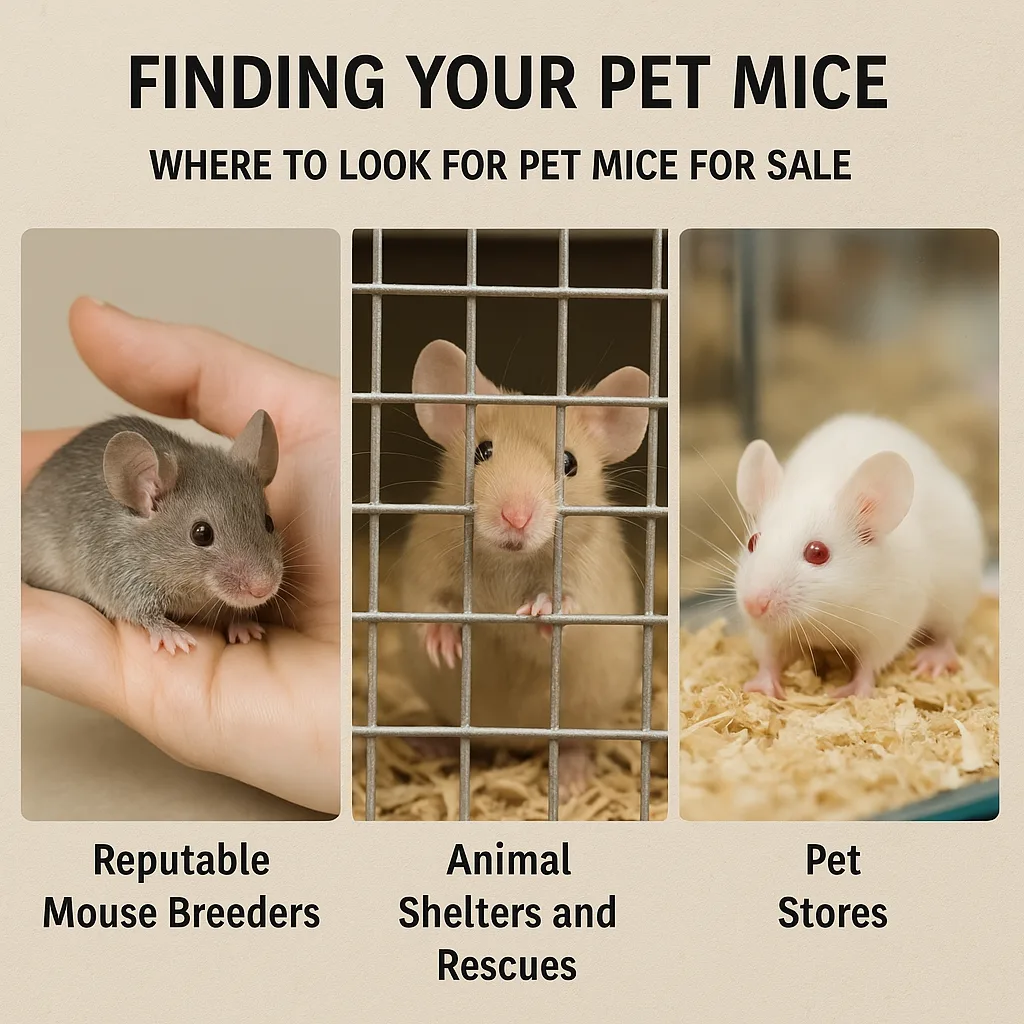
The Elegant Siamese Mouse
Siamese mice are admired for their beautiful markings, which are temperature-sensitive, meaning the cooler parts of their body (points) develop darker pigment. They typically have a light-colored body with darker points in shades of seal, blue, chocolate, or lilac. While most siamese mice are not known to be significantly different in temperament from other fancy mice, individual personalities can vary.
The Classic Swiss Albino Mouse
The swiss albino mouse is a common variety often used in research, but they also make great pets. Their lack of pigmentation results in their white fur and pink eyes. They are generally considered gentle and can be easily tamed with consistent handling.
Finding Your Pet Mice: Where to Look for Pet Mice for Sale
When you’ve decided on the pet mouse breeds that interest you, the next step is finding pet mice for sale. Here are some options to consider:
- Reputable Mouse Breeders: This is often the best option for finding healthy and well-socialized mice. Responsible mouse breeders prioritize the health and temperament of their animals and can provide you with information about the lineage and any specific needs of the breed. You can often find breeders through online forums, fancy mouse clubs, or by searching specifically for “mouse breeders near me.”
- Animal Shelters and Rescues: Sometimes, mice end up in shelters and are in need of loving homes. This can be a rewarding way to acquire pet mice, and you’ll be giving an animal a second chance.
- Pet Stores: While convenient, pet stores may not always have the most comprehensive knowledge about different mouse breeds, and the mice may not have the same level of individual attention as those from a breeder. If you choose this route, ensure the mice appear healthy and are housed in clean conditions.

Essential Considerations for Pet Mouse Ownership
Regardless of the pet mouse breeds you choose, remember that these are social animals and thrive in groups. It’s generally recommended to keep at least two female mice together. Male mice can sometimes be housed together if they are littermates and have plenty of space, but they can also be territorial and may fight.
Providing a suitable enclosure with proper bedding, food, water, and enrichment (toys, hiding places, and an exercise wheel) is crucial for their well-being. Regular cleaning of their cage is also essential to maintain a healthy environment.
With their diverse personalities and relatively easy care, the best mouse breeds for pets can bring joy and fascination to your life. By understanding the different fancy mouse breeds and where to find pet mice for sale, you can embark on a rewarding journey with these delightful little companions.
1. What Is the Best Type of Mouse for a Pet?
Most pet enthusiasts recommend fancy mice. Fancy mice are domesticated descendants of wild house mice that have been bred for temperament and a wide variety of colors and coat types. Their long history as pets has led to selection for:
- Docile Temperament: They are generally easy to handle and can be social, especially when raised from a young age.
- Variety: With many coat colors and patterns available, fancy mice allow for personal preferences.
- Manageable Size: They tend to be small and require only modest enclosure space compared to larger pets.
Because of these traits, fancy mice are often considered the best type of mouse for those new to small pets.
2. What Is the Friendliest Mouse Breed?
Within the broad category of fancy mice, individual temperament can vary. However, many people report that fancy mice in general tend to be friendly when properly socialized. Some points to consider:
- Early Handling: Mice that are gently handled and socialized from an early age are typically more trusting and outgoing.
- Personality Over Breed: Unlike some animals where breeds consistently show distinct behavioral traits, personality differences in mice are highly individual. It is common to have one particularly friendly mouse among a group even if overall characteristics remain similar.
- Selecting a Pet: When selecting a mouse at a pet store or breeder, look for ones that appear active, curious, and willing to interact.
Overall, while there is no single “friendliest breed” universally agreed upon, fancy mice are widely recognized for their generally sociable nature when raised under good conditions.

3. Are Male or Female Mice Better Pets?
There is ongoing discussion among pet owners about the relative merits of male versus female mice. Consider these factors:
- Social Behavior:
- Males: Often known for being somewhat more tolerant of handling and, in some cases, calmer once established. However, group dynamics matter—males may sometimes exhibit territorial behavior if confined to cramped spaces.
- Females: Some owners note that females can be more active or even a bit feisty, which might be engaging to some but could also lead to occasional nip tendencies if not properly socialized.
- Housing:
- Group Living: Mice are social animals that thrive in pairs or small groups of the same sex. Mixed-sex groups require caution because of the risk of unwanted litters.
- Individual Variation: Ultimately, much depends on the individual personality and how each mouse is handled from a young age. Many pet owners suggest that if you are new to mice, you might choose based on availability and simply focus on socializing the individual animal.
In summary, neither sex is inherently “better” as a pet. Your choice may come down to the specific temperament of the mouse and your ability to create a suitable environment for them.
4. Which Is the Best Rodent to Have as a Pet?
The “best” rodent often depends on your lifestyle, experience, and what you’re looking for in a pet. Here’s a comparison of some popular options:
- Mice (Fancy Mice):
- Pros: Low cost, minimal space requirements, entertaining to watch, and relatively easy to care for.
- Cons: Their small size can make handling more challenging and their short lifespan might be a drawback for some.
- Rats:
- Pros: Generally larger and more interactive, highly intelligent, quick learners, and known for forming strong bonds with their owners.
- Cons: Require more space, and their care can involve more investment in enrichment to keep them stimulated.
- Guinea Pigs:
- Pros: Known for their calm demeanor and vocal communication, they tend to be larger than mice and can handle more direct interaction.
- Cons: Need a bit more space and have more specific dietary requirements.
For many owners, rats are often considered one of the best options if you are looking for an interactive and expressive companion, although mice remain a popular choice for those with limited space or who prefer smaller pets.
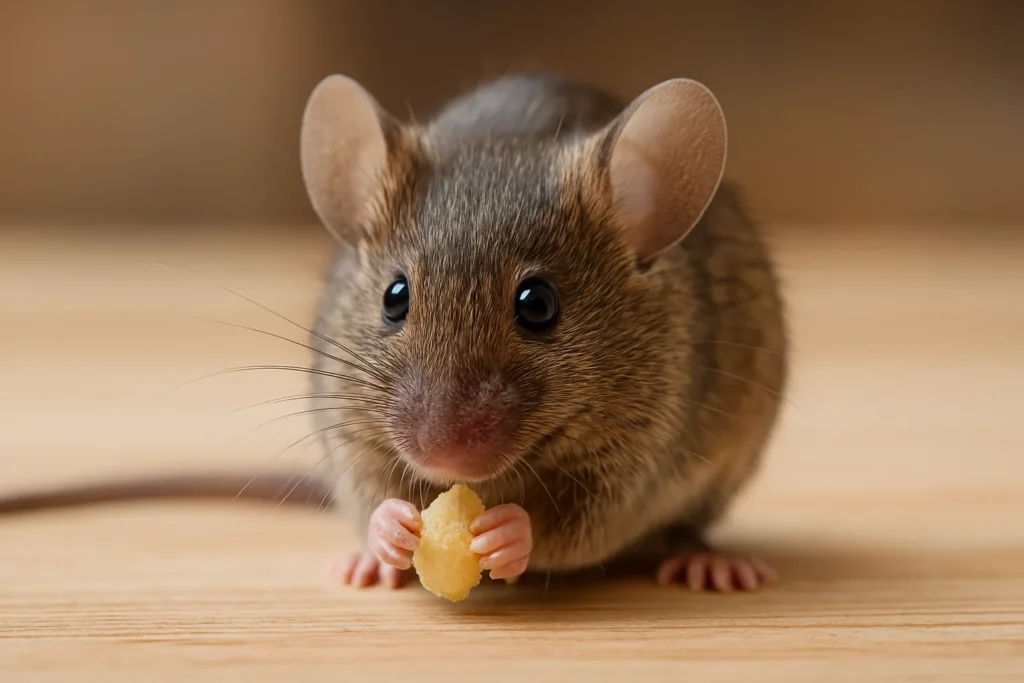
Some exotic rodents, like chinchillas, require special dust baths. Check out Best Chinchilla Dust to learn more about chinchilla hygiene.
5. Are Rats Friendlier Than Mice?
In general, rats tend to be friendlier than mice for several reasons:
- Social Intelligence: Rats are known for their problem-solving abilities and keen social behaviors. They often readily engage with their owners, enjoy training, and sometimes learn tricks.
- Bonding: Many rat owners report that their pets form deep bonds and display noticeable affection, such as cuddling or following their owners around.
- Handling: Because of their larger size compared to mice, rats are easier to handle and interact with, making them appear more “friendly.”
That said, well-socialized mice can also be affectionate, but they might be more delicate and less demonstrative in their interactions.
6. What Is the Friendliest Animal Rodent?
While “friendliness” can be subjective, two strong contenders are often cited:
- Rats: Frequently mentioned for their high level of social interaction and ease of bonding with humans.
- Guinea Pigs: Also regarded as very gentle and approachable, though their interactions might be more reserved compared to the active nature of rats.
Ultimately, if the primary criterion is the capacity for social bonding and demonstrative affection, rats are widely recognized as among the friendliest of pet rodents.
7. How Long Do Pet Mice Live?
Pet mice generally have relatively short lifespans. Here are typical ranges:
- Average Lifespan: About 1.5 to 2.5 years.
- Factors Influencing Lifespan: Genetics, diet, cage environment, and level of veterinary care can all impact longevity. Some mice, under optimal conditions, may approach 3 years.
Their shorter lifespan is an important consideration, especially if you are looking for a longer-term pet commitment.
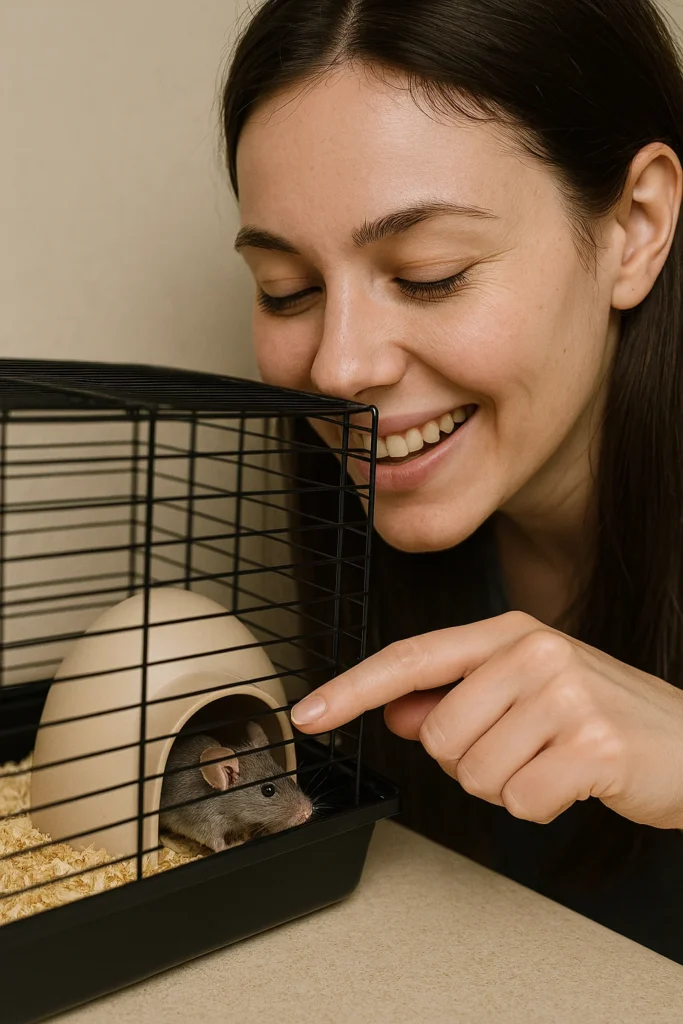
Final Thoughts
Choosing a pet—whether a mouse, rat, or another small rodent—comes down to personal lifestyle, commitment to care, and what you expect from a companion animal. Fancy mice are a popular, manageable option for those who want a small pet with a lively personality, while rats might offer a higher degree of social interaction and intelligence. Additionally, for those in need of an emotional support animal, dogs remain the most common choice, though smaller pets can provide valuable companionship for the right owner.
Each pet has its own set of advantages and challenges, so aligning your choice with your living situation, care schedule, and personal preferences is key to enjoying a rewarding relationship with your pet.
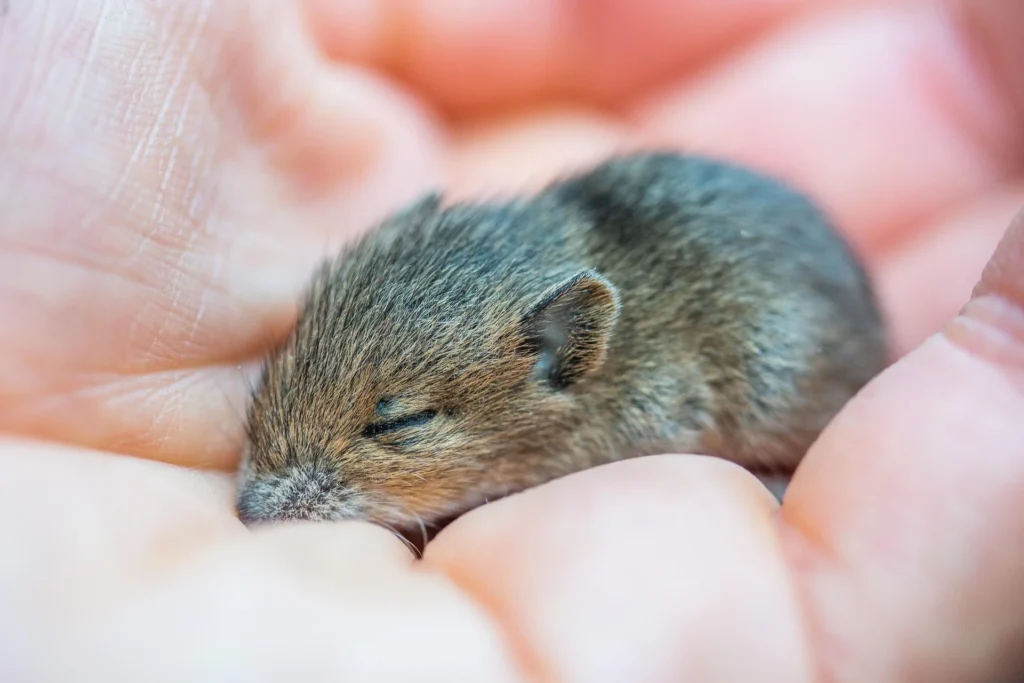
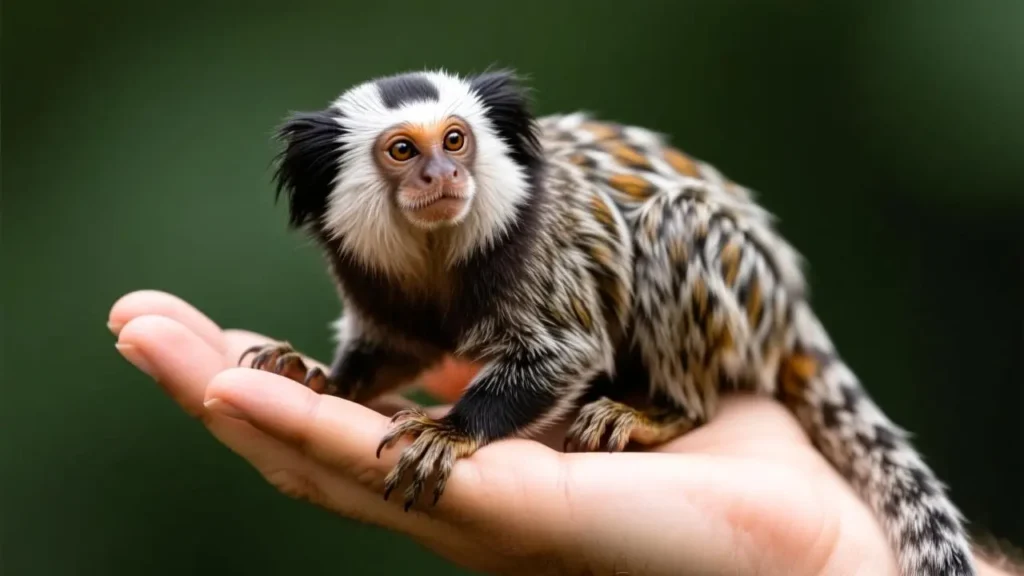

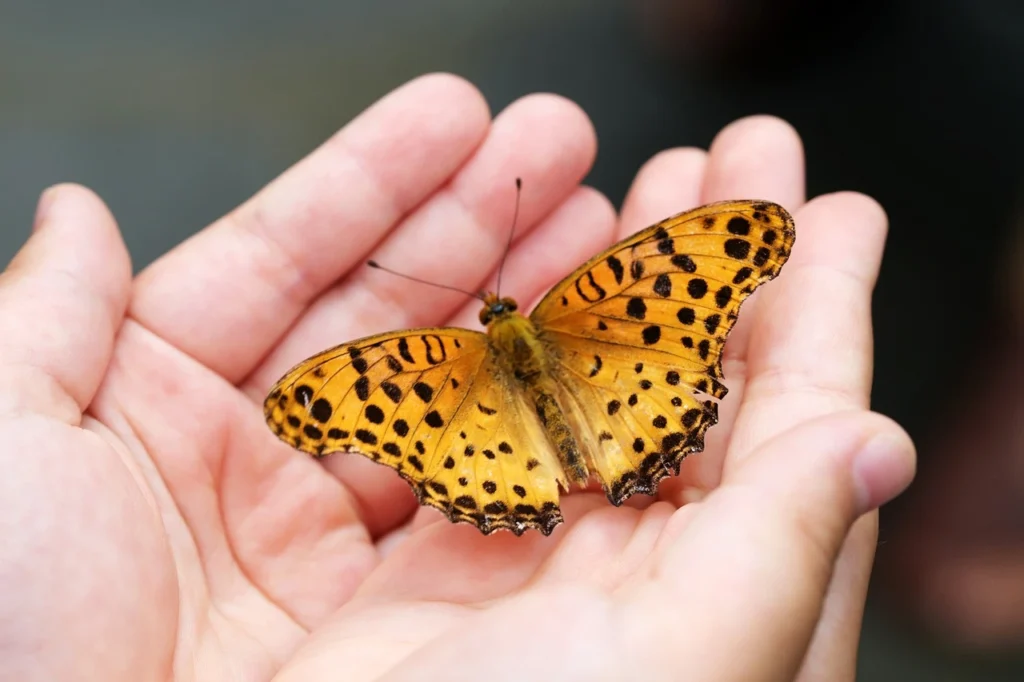

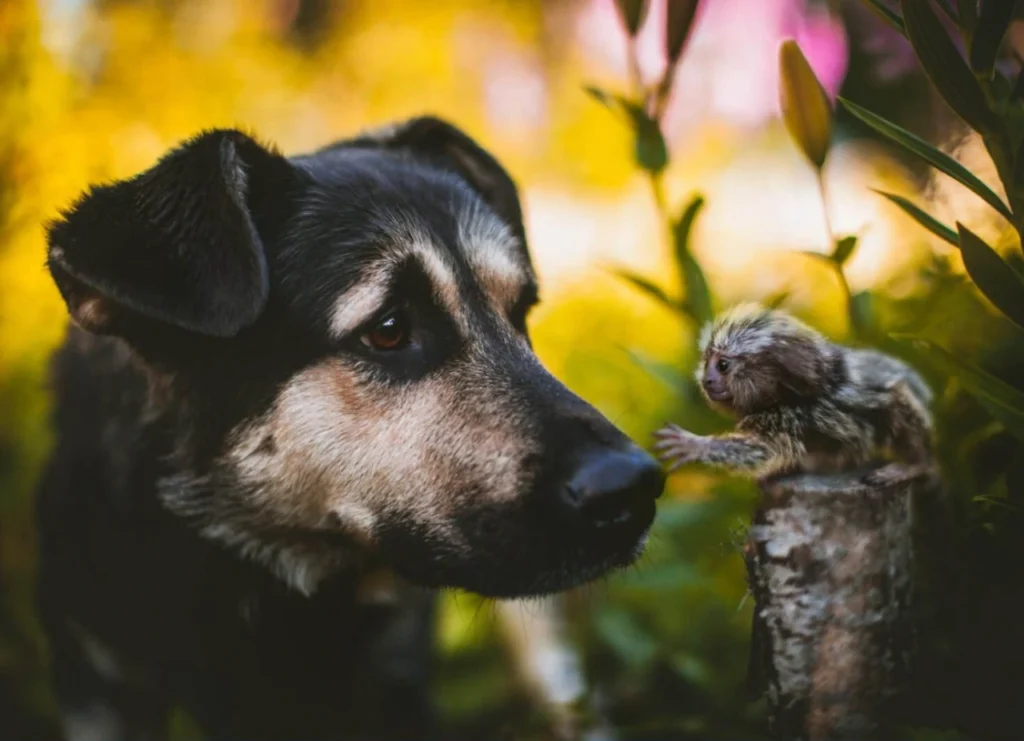
I believe everything said was very logical. However, what about this?
suppose you typed a catchier post title? I am not suggesting your content isn’t good,
however what if you added something that makes people want more?
I mean 6 Best Mouse Breeds for Pets – Animal Sound is kinda plain. You
ought to peek at Yahoo’s front page and note how they write post
titles to grab people to open the links. You might try
adding a video or a related picture or two to grab readers interested about everything’ve got to say.
Just my opinion, it would bring your website a little bit more interesting.
Pingback: The Best Pets for Flats: A Practical Guide with Prices and Care Tips - Animal Sound